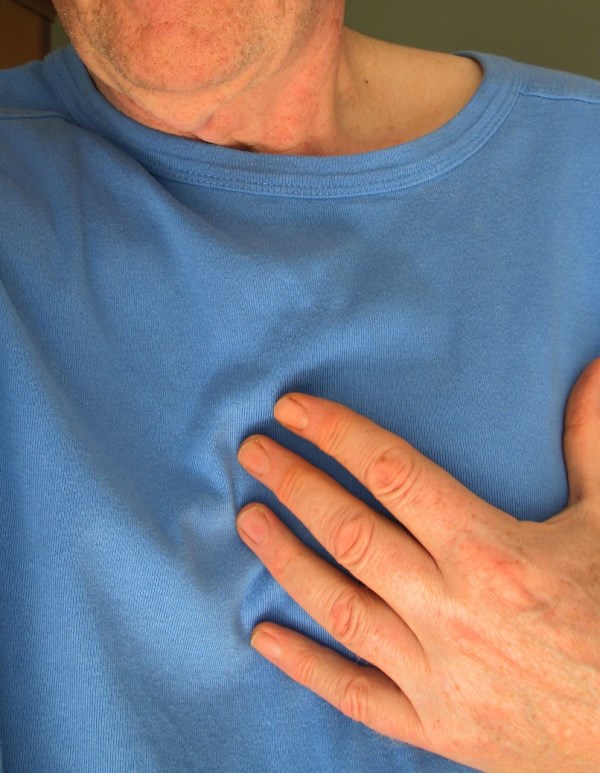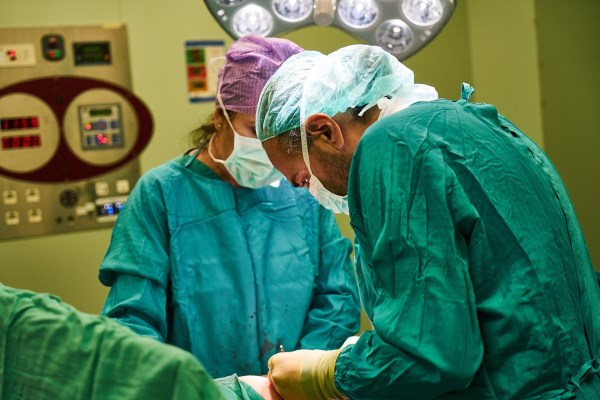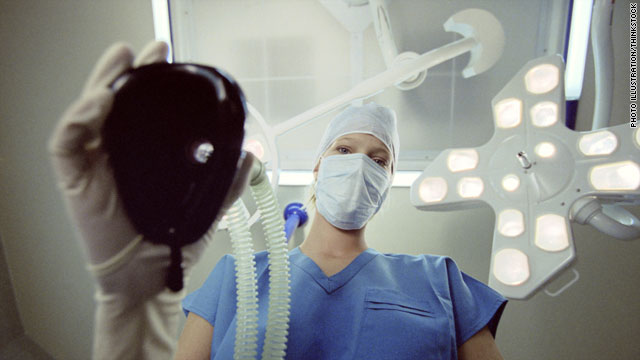Jarring the Oblivion of Surgical Intervention
"What we're looking for is the natural engagement that happens in the brain when we're listening to a complex and intriguing narrative."
Lorina Naci, professor of psychology, Trinity College, Dublin
"We would say, 'we're going to play this engaging story for you and all that we want you to do is to attend to the story as best you can', and that elicits a certain pattern of activation in their brain."
"Once they become unconscious, the pattern would be extinguished. Should they regain consciousness and start paying attention to the story, we're going to see this pattern of activation in the brain, which is only possible if they're conscious."
Mackenzie Graham, post-doctoral researcher, Brain and Mind Institute, Western University

Adrian Owen, neuroscientist at University of Western Ontario, has used brain scans in an effort to communicate with people whom the medical community think of as brain dead. His laboratory reported that up to 19 percent of vegetative patients exhibit signs of "covert" consciousness when their brain waves are measured with the use of a bedside EEG, back in 2011. Of 16 patients studied, three indicated appropriate brain activity responses after being requested o imagine moving their right hand and their toes, repeatedly.
More recently, Dr. Owen had results of a study published in the journal Anesthesia & Analgesia that 20,000 to 40,000 people experience accidental awareness during surgery in the United States alone. The research team from Western University in London, Ontario posited that occasionally an attending anesthetist uses too little anesthesia on a patient during surgery by error; alternately, some patients are known to be more resistant to the drugs, failing to respond normally to their anesthetic effects.
When they don't, and they awake during surgery, they report later having heard voices, hearing the sound of equipment, feeling breathing tubes thrust into their throat, and as well, searing pain. As a result, many of these people are haunted by vivid flashbacks, and by nightmares and suffer post-traumatic stress, the result of which is that they attempt to avoid anything reminiscent of the trauma, even to the extent of refusing to lie flat on their backs.
In May, Canada's first malpractice ruling involving accidental awareness was won by a Toronto woman who awoke while surgery was ongoing, due to an anesthetists' negligence, the consequence of which was that she stated she felt surgeons were "ripping me apart". When patients become vulnerable to being frozen through the effects of the paralytic drugs being administered so that they are unaware consciously of what is occurring to them they're unable to communicate.

The judge in this case, finding for the plaintiff stated that "the patient had no way of indicating something was wrong". Though she was "behaviourally nonresponsive", showing no apparent signs of awareness during surgery, she was in fact awake, aware, but incapable of communicating her distress. Now, Drs. Naci and Graham are investigating how to adapt mechanisms that would alert medical staff to the unexpected awareness of patients undergoing surgery.
Aside from checking for increased blood pressure, pulse and allied vital signs, anesthesiologists are alert to detect a sweating or tearing patient. Yet none of these symptoms of awareness may necessarily be present to alert the doctor that a patient has emerged from the state of non-consciousness and still be conscious.
A bispectral index monitor was developed to measure brain activity for the purpose of determining how deeply a patient has been anesthetized, the monitor translating the information numerically from 100 (wide-awake) to zero (no brain electrical activity). Somewhere between 40 and 60 is what anesthesiologists attempt to achieve.
 |
| Awareness during surgery: "I was in hell". CNN |
Labels: Bioscience, Consciousness, Research, Surgery

0 Comments:
Post a Comment
<< Home